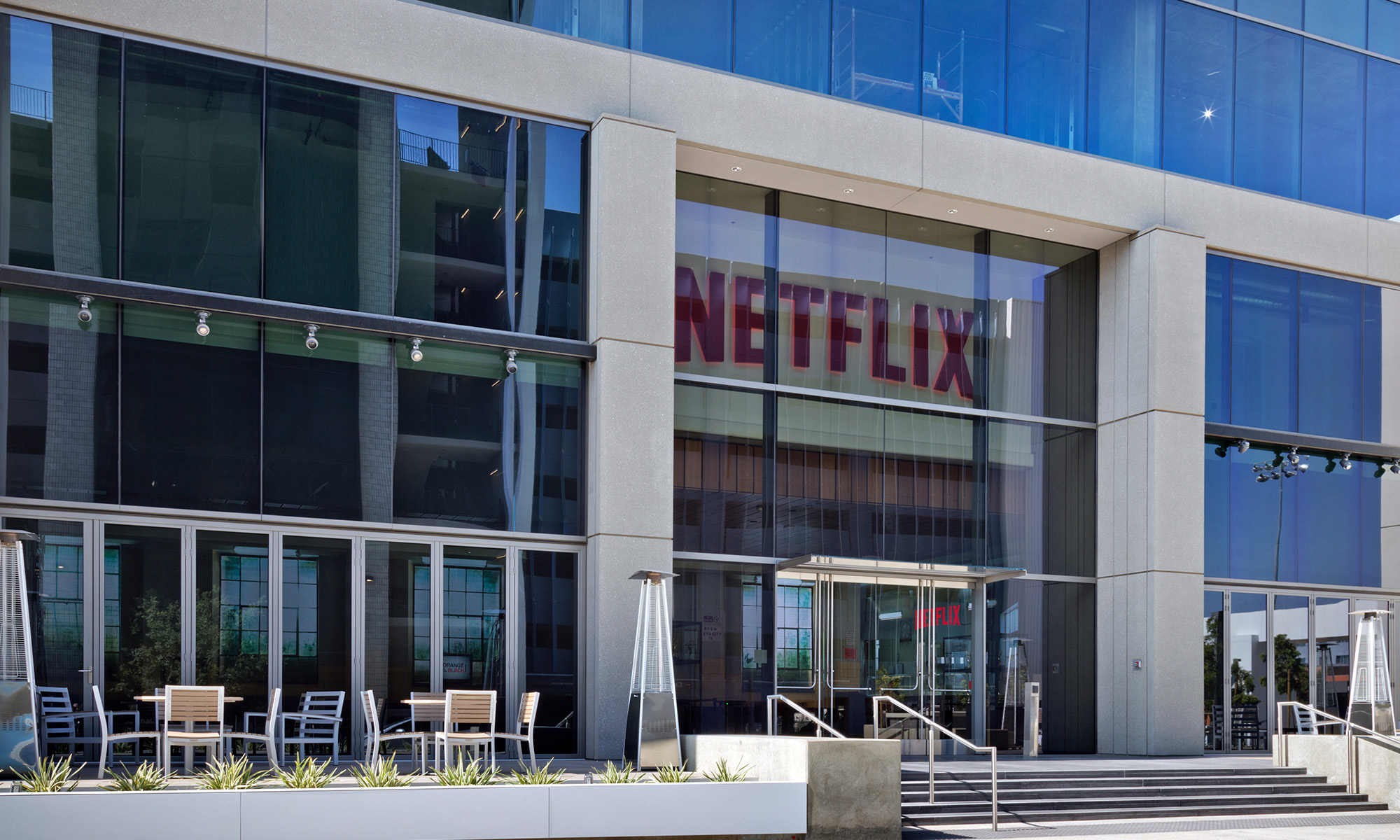Many people are watching Netflix's (NFLX +0.37%) stock head into the stratosphere, leading to a mania of momentum buying. Unfortunately, this sort of momentum often bypasses the fundamentals of the company. Let's do an old fashioned SWOT analysis to examine the strengths, weaknesses, opportunities, and threats that the company faces.
Strengths
- Brand: "Netflix" is fast becoming a verb in today's society. Everyone knows the company's name, and the association is generally positive.
- Platform: Of all the major streaming services, Netflix has the best delivery system; this helps to keep customers loyal. Amazon's search engine for Prime Video (videos available for free streaming as part of the Prime service that also includes free two-day shipping on all Amazon orders) returns results including videos you have to purchase, Hulu Plus is jumpy and the experience is weighed down by in-show advertisements, and streaming on Time Warner's (TWX +0.00%) HBOGo is both jumpy and plagued with little things like the title of the episode in your queue being unavailable.
- Content: While Netflix recently lost Viacom content, it will soon be replaced with content from Disney which will include George Lucas' beloved "Star Wars" franchise. Also, Netflix has sponsored an exclusive window on some pretty good shows, including its hit original production "House of Cards."
- DVD margins: Yes, some people still rent DVD's. This helps make up for some of the content unavailable via streaming. While HBO won't be allowing "The Sopranos" to stream via Netflix any time soon, you can still get the series from Netflix on DVD. The DVD service boasts strong contribution margins of around 50%.
- Price: Paying $7.99 for all-you-can-watch streaming video is cheaper than one night out at the movies. With Internet-ready TV's dropping like a rock in price, the Netflix experience becomes even more appetizing.
- Forward-thinking management: Say what you want about Reed Hastings, he set Netflix up for the streaming environment we're seeing now. He has also brokered some sweetheart deals from content providers who were all too happy to monetize shows that they never imagined would see air time again.

Image source: Getty Images.
Weaknesses
- Valuation: Netflix trades at over 100x forward earnings estimates of $3.52. When you can buy a company like Google (GOOG 0.05%) with $50 billion in cash on the books at 29x current earnings (which still isn't cheap by traditional standards), it makes purchasing Netflix stock difficult to justify.
- Quixstergate: Trying to raise prices didn't sit well with consumers and caused Netflix stock to stumble. The effect of this going forward will be to make management a little gun shy at raising prices any time soon. If explained well to consumers given the company's new content, though, Netflix could likely get away with small increases.
- DVD subscriber base: In the second quarter, Netflix lost 475,000 DVD subscribers; this left the subscriber base at 7.51 million. Netflix expects that DVD subscriptions will continue to fall until they're zero.
- Show ownership: Netflix outbid everyone for "House of Cards" and other Netflix originals. Unlike Time Warner, however, the company doesn't own these shows. Netflix has an exclusive window to stream the show, but after that, poof, the hit might be gone. Time Warner derives residual income from sale of its shows' DVDs and other ancillary benefits that Netflix does not.
Opportunties
- International expansion: Beginning solely in the U.S., Netflix is currently available in Canada, England, Netherlands, Scandanavia, and much of Latin America. Netflix will continue to invest in new territories/opportunities.
- Raising capital: With people willing to pay this much for Netflix stock, the company might do well to sell more shares. This might be a good move even if it dilutes the holdings of existing shareholders.
- Advertising: I'm not necessarily talking about in-show advertising like Hulu uses, as that likely wouldn't go over well. Netflix could use a lot of the white space on its website for banners of products that would be synergistic with its business, however. Examples would be the aforementioned Internet-ready TV's, Google's Chromecast device, or other synergistic technologies. This would be a painless way for the company to increase revenues.
Threats
- Off-balance-sheet liabilities: Do your homework! In what may or may not be accounting shenanigans, Netflix has "unfunded content liabilities and commitments off the company's balance sheet. Because while Netflix discloses just $2.4 billion in total content liabilities (or 69% of total liabilities), it is the massive $3.3 billion in off-balance-sheet liabilities, up half a billion in just one year, that is truly disturbing."
- Google: Google already owns YouTube, which it has successfully monetized. Google has also put the industry on notice that it plans to add premium content channels, having forged deals ranging from the Hollywood elite to the Wall Street Journal. The company has put a $200 million arrow behind the venture and could easily pull eyes away from Netflix.
- Content price: As mentioned above, Netflix was the beneficiary of very good content deals when streaming began. Expect media companies to raise prices and squeeze Netflix's margins.
Final thoughts
While I am a Netflix subscriber, the valuation on its shares is simply too high. Warren Buffett says rule no. 1 of investing is "don't lose money." Rule no. 2: "follow rule no. 1." With a forward P/E in excess of 100, there are simply far cheaper and less risky companies that one can buy. I would look for a 50% pullback before even considering an investment, and that's without delving into the mysterious off-balance sheet figures. Stay away from Netflix at these levels.







